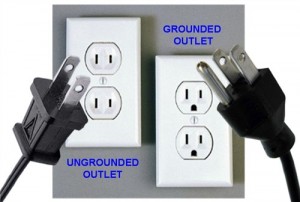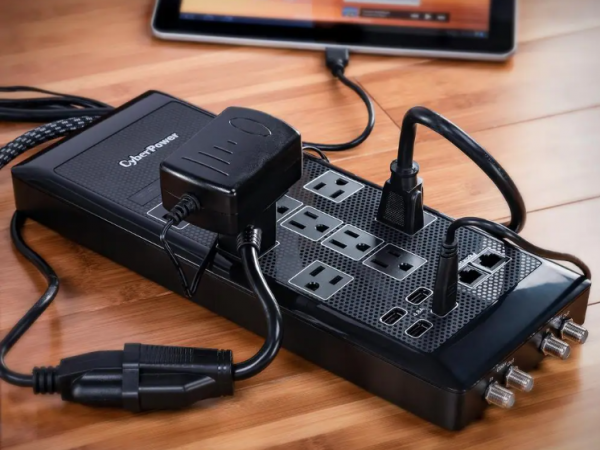Electrical rewiring may not be on the top of your to-do list, but perhaps it should be! Nearly half of all residential electrical fires involve electrical wiring, the U.S. Fire Administration reports. If your home is more than 40 years old, investing in updated wiring is crucial to home safety. Read on for answers to your top rewiring questions.
Q: Why is rewiring necessary?
A: Old wiring and faulty outlets are common safety hazards – particularly in homes more than 40 years old. Outdated wiring, deteriorating wire insulation, faulty and ungrounded outlets are all red flags.
Aluminum wiring is also a concern. In homes wired with aluminum rather than copper, each connection to an outlet or light switch presents a fire hazard. The U.S. Consumer Product Safety Commission recommends aluminum wire be replaced or repaired.
Rewiring also becomes necessary as your power needs increase with new appliances, or an addition to your house. Only have one outlet per room, and are relying on power strips and extension cords? You may need to upgrade.
Q: What’s involved?
A: Rewiring requires permits and proper planning of outlets and your electrical needs. It’s a big undertaking, and best to work with a licensed, experienced electrician. An updated electrical panel will be installed if your house still has fuses. Old circuits and wiring will be removed, along with the sections of walls and floorboards they’re housed behind. New wires will be run and connected to updated switches and outlets, and walls will be replaced.
Q: What are the benefits?
A: Safety and peace of mind are the biggest benefits of rewiring your home, along with added property value. Additionally, your home will be well equipped to meet your energy needs.
With clear advantages to having a home that is safe and updated, rewiring is not a decision you will soon regret!




